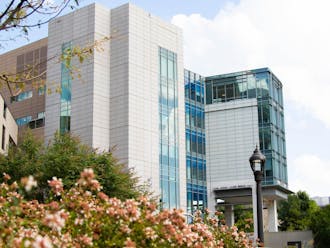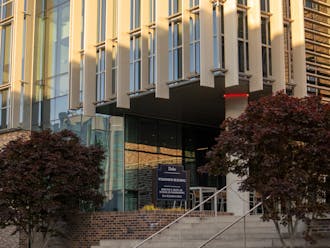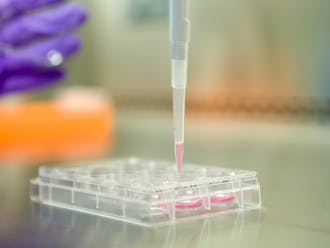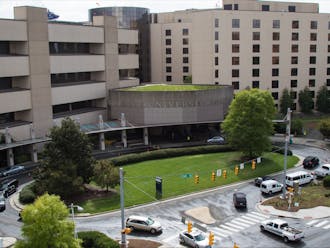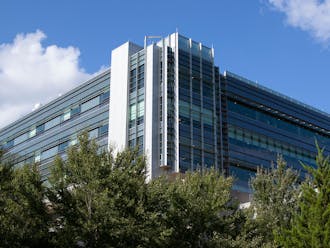Duke study finds increased frequency of skin cancers in tattooed skin, does not identify causal relationship
By Rebecca Fan and Ananya Pinnamaneni | 3 days agoDuke researchers published a study last month analyzing the potential relationship between reported cases of skin cancers in tattooed skin over time, which opened up opportunities for future research to improve patient health outcomes.








